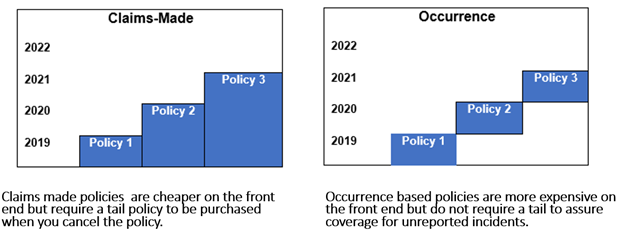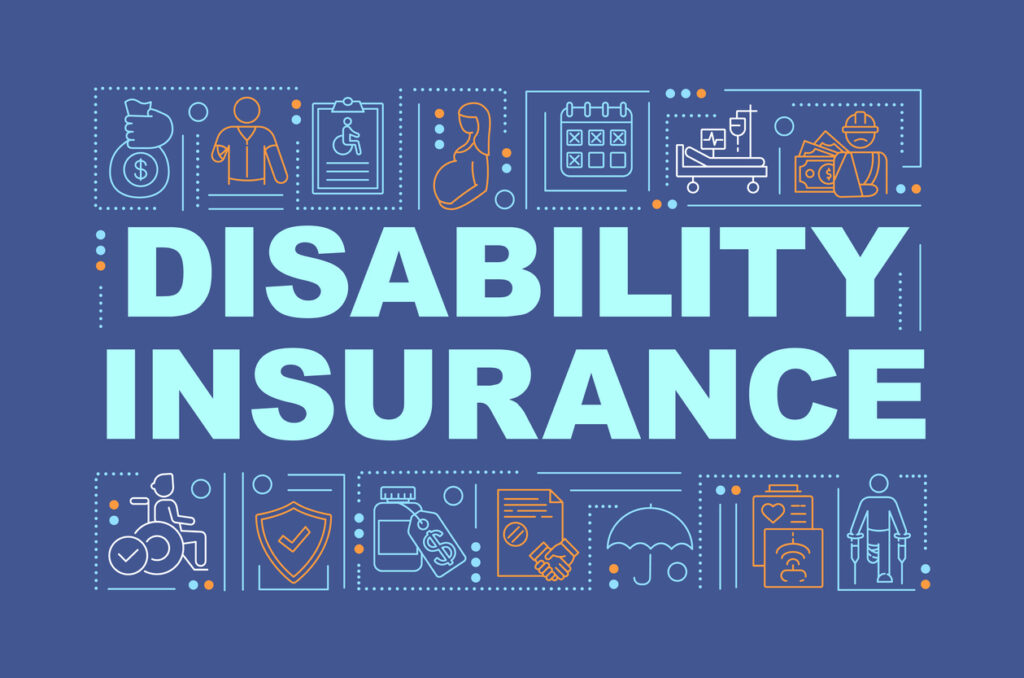
By Tom Strangstalien, Insurance Advisor
I recently spoke with a physician regarding an eye condition that he has developed. He doesn’t know his prognosis, but there’s a strong possibility that it could be debilitating and threaten his ability to practice medicine in his specialty. He inquired if there’s any way to increase his disability insurance coverage as his current limits are significantly below his income.
Upon investigation, we discovered that the relatively small amount of monthly benefit protection included in the contract he purchased as a resident included a Future Increase Option. This allowed us to increase his disability protection with no medical underwriting! The uncertainty of his eye condition was of no consequence, and we were able to increase his monthly benefit amount to a level much more suitable to his current income.
We understand that as residents and fellows your income and budget are limited. You are far from the income you’ll receive as an attending physician in your intended specialty. You need disability protection and the earlier you purchase this protection, the less expensive it will be throughout your career. However, with your current budget, you may think you just can’t afford it at this point. This is not necessarily true. But how do you get affordable disability insurance?
As referenced above, the key here is the Future Increase Option. Insurance companies vary their name and definition of the benefit. It may be referred to as a “Future Purchase Option,” a “Maximize Your Benefit” option, or other terms. The purpose of the option remains the same; it allows you to increase your disability monthly benefits in the future without the worry of medical underwriting! But what about your budget concerns?
I’ve worked with several physicians this week whose budget was a concern, so we applied for a relatively small amount of disability monthly benefits coverage. For example, $2,000 or $3,000 per month, well short of what you will need as an attending physician. However, we included the Future Increase Option in the contract to allow you to adjust it once you’re earning more. In each case, our client is paying less than a $100 per month for this essential coverage! My advice for every resident and fellow is to put at least a base amount of coverage in place with the future increase option included. As your income increases and your budget allows, we can easily increase your coverage.
You help your patients manage their health conditions every single day. Will you ever experience any of these conditions? Your ability to earn an income is your most valuable financial asset, so protect it now. At WisMed Assure, our allegiance is to you and to serving your financial needs. We are here to provide you with quotes for this protection at any time, at your convenience, with absolutely no obligation. As always, thanks for all that you do!
For help with your insurance planning, contact Tom Strangstalien at 608.442.3730 or the WisMed Assure team at insurance@wismedassure.org, complete this quick online form or call 608.442.3810.
Note: This article is for informational purposes only and should not be considered as insurance advice related to your specific policy or situation. Please consult with a qualified insurance advisor or professional before making any policy decisions. Full disclaimer and contact information.























